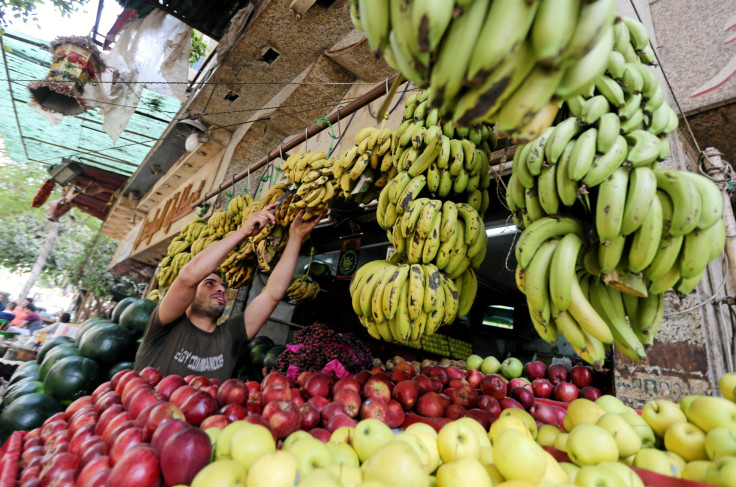Breast cancer risks may be reduced with consumption of fruits during adolescence and early adulthood

In a study published in the BMJ, a visiting scientist at the Harvard T. H. Chan School of Public Health and a research associate at Massachusetts General Hospital, Maryam Farvid, has proved the benefits of having healthy foods in adolescence and early adulthood to keep breast cancer risks in women at bay. Moreover, the new study, like many others, found a link between healthy food and reduced cancer risks.
Fruits and vegetables are an important part of a healthy diet and having them from childhood may help in preventing cancers later in life. Most studies till date have mainly focused on adults. However, it’s becoming clearer with every passing day, that cancer drivers also start early in life with children getting exposed to carcinogens and also with the genes.
In the study, Farvid and her colleagues studied how diet during adolescence may affect cancer risk. They studied data of 90,000 nurses who were part of the Nurses’ Health Study. The massive survey required the women to fill up questionnaires on their diet during adolescence and early adulthood, lifestyle and health outcomes. The researchers then looked for connections between the nurses’ diets, especially vegetable and fruit content, and women’s breast cancer risk over a 20-year period.
Interestingly, the researchers found 25 percent reduced risk of breast cancer diagnosis in middle age with fruit consumption during one’s teenage years. Moreover, they also found reduced risk of cancer with consumption of vegetables and fruits high in alpha-carotene such as sweet potato, pumpkin, squash and carrots. The experts also found connections between specific foods and age. For example, they found eating, grapes, bananas and apples during adolescence with reduced cancer risk and eating kale and oranges during early adulthood with reduced cancer risk.
Farvid said that as apples, grapes and bananas are high on fibre and flavonoids, they act as antioxidants to combat cell damage and abnormal growth. Oranges and Kale are rich in Vitamin C, also an antioxidant. The study did not find any link between fruit juice and reduced risk of breast cancer as fruit juices are devoid of the essential fibre that helps in combating cancer growth.
The study is among the first to consider how diet during one’s adolescence may affect health later. In another study, also published in BMJ, a different group of researchers analysed drinking habits of about 22,000 Danish women. Among the women, those who had two alcoholic drinks everyday on average had an increased chance of developing breast cancer by 30 percent over five years. However, the risk of cancer was balanced by a lower risk of heart disease.






